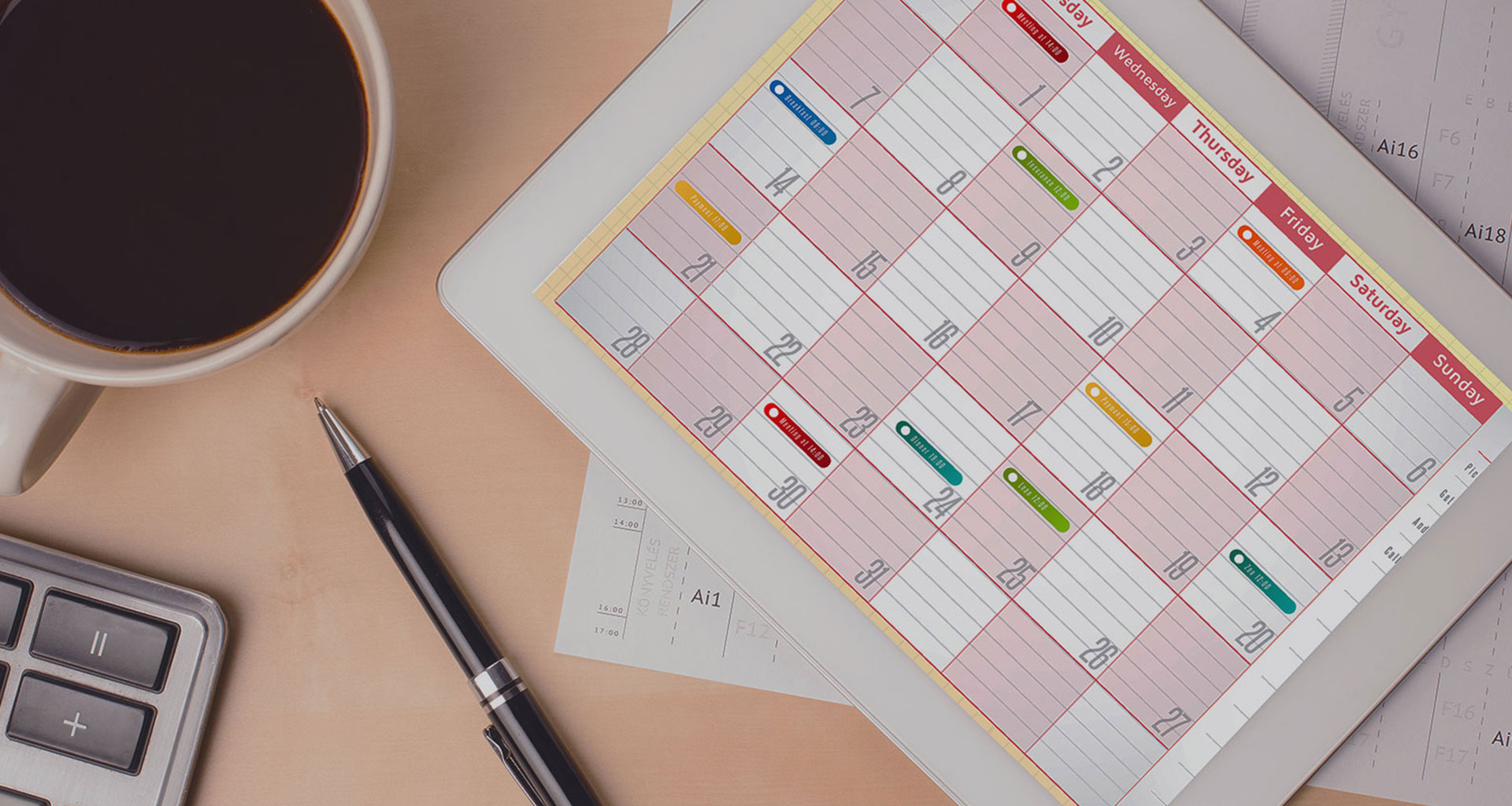While it’s often a hard choice when it comes to choosing your digital marketing efforts, ‘organic or paid?’. You should first know that SEO and PPC aren’t entirely opposite strategies or rivals. In fact, you can achieve much more when SEO and Google Ads work together.
In this blog, we’ll show you in just 3 ways how a combined SEO and PPC strategy can help elevate your marketing online and to get back lucrative results!
What is PPC?
Pay-per-click advertising covers any marketing online that works by paying for each click that goes through. While this covers both Social Media and Google Ads, we’ll mostly talk about the latter. The benefit of Google Ads/paid search, particularly in PPC, is that it can quickly gather conversion-minded traffic to your website.
However, you’re always paying for each hit that you get. With all the data involved, you will also always need a specialist to help you with Paid Search so that you know you’re investing your money on ad spend wisely and you’re not throwing money away on bids that won’t provide a good return.
What is SEO?
While SEO has a powerful potential to lift your website organically through the search engine results and give it a more formidable standing, that doesn’t cost you every time someone clicks through. However, SEO is a slow-going strategy that takes time to take effect, and Google algorithmic updates can also knock your ratings out of place.
This is why it needs to be an ongoing strategy.
How do SEO and PPC work together?
1. You can use your PPC data to inform your SEO strategy
Both SEO and PPC are driven by data. However, you won’t see your SEO efforts start to increase rankings until at least about 3-12 months down the track. In comparison, PPC is a fast strategy, which means you will see results much sooner.
This also allows you (or your analysts) to quickly gather more granular, actionable insights to refine the strategy to get some incredible SEO results.
Here are just some ways that using the data from your PPC campaigns can be shuffled into optimising your site:
- Better understand your audience: A large part of Google and Facebook Ads is driven through audience targeting. By getting this data early, through the faster pace that these ads work at, you can develop better audience insights to clarify your messaging in copy and narrow down on those hidden lucrative long-tail keywords that drive your audience to buy.
- Discover and focus on lucrative keywords: Conversion data from your Google Ads campaign can give your SEO analysts some incredible insights into the keywords driving the largest conversions to inform their strategy. This approach lets you not just build organic traffic but helps you create high-ranking, engaging pages online.
- Use keyword data from your SEO strategy to inform your PPC campaigns: If you have been doing SEO for a long time, you should have a good amount of keyword rankings and research to inform your campaigns, if you’re only just starting Google or Facebook Ads now.
2. SEO improves the quality score for Google Ads
(which lowers your CPC & optimises performance)
While most auctions operate based on who can pay more, Google Ads bidding is not as straightforward. Google is also interested in what content will best help and give its users what they are looking for.
This is why Google Ads gives your ad and landing pages a quality score every time you start a bidding campaign on the platform.
Quality score
The score runs from 1 to 10, with 10 being the best. The higher the score, the more Google wants to put your ads out on your target keywords. This translates to higher rankings, better visibility and lower cost. All things that build up to an enviable ROAS.
SEO looks to improve your website to make it more valuable to both users and search engines, as a service.
Through taking steps like fixing technical errors that make your website lag, creating helpful original content and building up lots of referrals to the site through links, you can finetune your Google Ads so that they work like a well-oiled machine.
3. SEO & Google Ads work together to increase visibility in the search results
As much as any SEO analyst would love to say that optimisation alone can take you to the top of the search engine results, Google is constantly changing – and one of the latest changes for Google is a more significant push for their advertising services.
Keywords with transactional search intent (such as ‘buy cheap shirts’) often are covered in paid Google Ad results on the search results page. This means (for some keywords) even if you have a high #1 – 3 ranking, that your listing will appear further down the page.
The top three positions (and anything high on the page) have a much higher click rate than anything further down on the search engine results page, and Google knows this.
After some volatility in their servers with the iOS update, a growing trend towards better user data privacy, and other changing internet trends, they want to cash into more of the revenue by making this an even more of a bidding war for commercial competition.
Google Ad results appear first
So while you may still rank or have some great footing in the number #1 – 3 search results, even more now it’s paid Google Ads (or featured snippets) that will be the first item people will see in the results.
In a study by Google researchers, 89% of paid traffic from Google Search Ads was not replaced by organic traffic when ads were paused. For this reason, it’s vitally important that you consider using both SEO and PPC if the budget allows so that you can maximise what your business can get from Google Search.

These are just some ways our analysts have used PPC advertising and SEO together in a holistic marketing strategy. Depending on your type of business and the data available, there could be much more.
What works for Google Ads often also works for SEO. So you can use the research and data between both to continually improve your digital marketing campaigns over time.
We may also be able to refine your focus as pages go up in the organic rankings. Alternatively, we can send remarketing ads to those who browse your website and leave without purchasing anything.
At AdVisible, our Google Ads analysts and SEO team have achieved incredible results together for our clients:
- 445% increase in monthly transactions for Bisley’s Workwear
- 1,038% leap in revenue from non-branded campaigns for Forcast
- 171% increase in overall revenue for Catch Fitness
So, whether you own a local business, eCommerce shop, service-based lead generation business or enterprise, feel free to reach out!
Taking a holistic approach, we always only recommend the digital marketing services we believe will best benefit your business through our expertise.
Want to learn more about how search engine optimisation, paid ads or our other services can help benefit your business?
Please send us an enquiry, or call us on 1300 812 447 to start talking about taking your digital marketing to the next level.
Frequently Asked Questions:
SEO usually takes several months to show significant results, as it involves comprehensive site optimisation, link building strategies and content strategies to improve organic rankings. However, SEO is considered an investment in the long term. In contrast, PPC campaigns can generate immediate traffic and results once they are launched, but ends as soon as the campaign stops.
“Organic” refers to the natural, unpaid search results that appear on search engine results pages based on relevance to the user’s query. On the other hand, “Paid” refers to advertisements that appear on search engine results pages or other platforms, for which the advertiser pays based on clicks or impressions.
Google determines the quality score for ads based on several factors, such as ad relevance, expected click-through rate, and landing page experience. A higher quality score leads to better ad placement and lower cost per click, making it essential for advertisers to improve their quality scores to maximise their ROI.
Using both SEO and PPC allows businesses to capture traffic from both organic and paid sources, increasing their visibility and potential customer reach. While SEO provides long-term benefits, PPC can deliver immediate results, making it beneficial for businesses to leverage both strategies for comprehensive digital marketing efforts.




